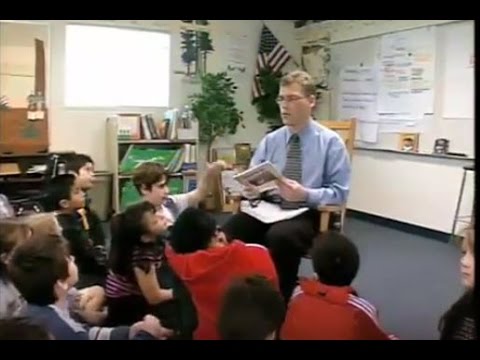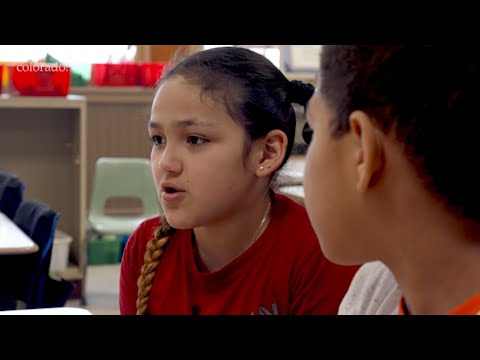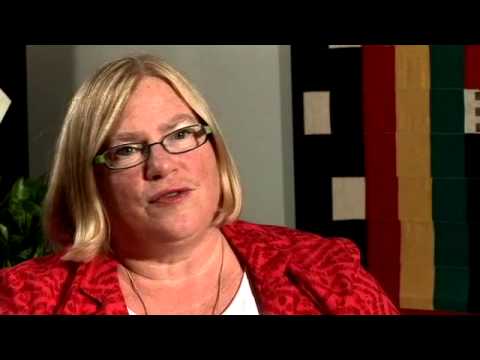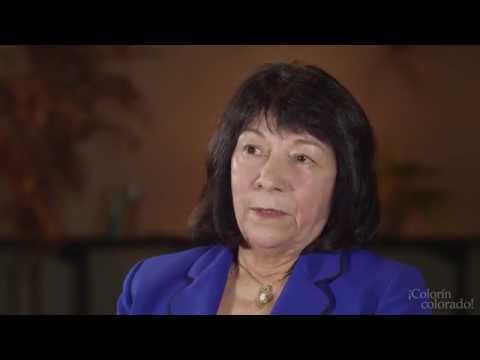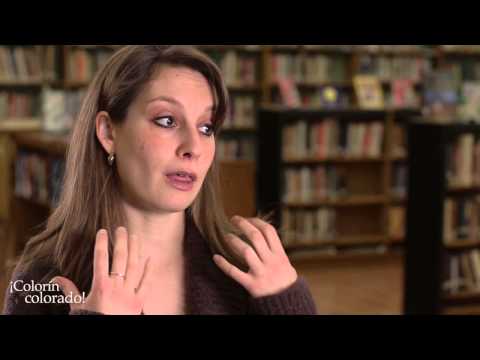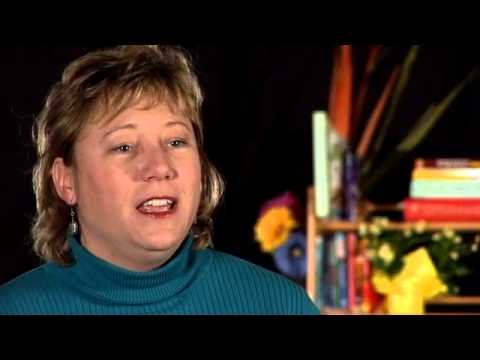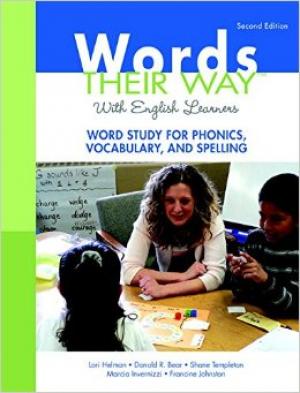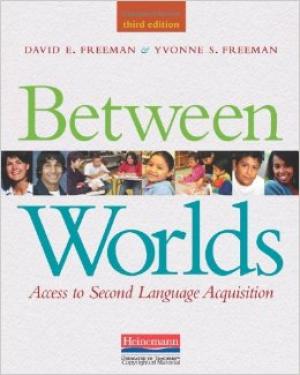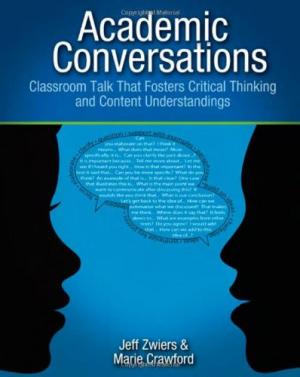Academic Language

Many English language learners (ELLs) can speak English confidently in the lunch room or on the playground, yet when it comes time to read, write, or give a class presentation, they need more practice with the skills required to complete their work successfully. Learn more about the difference between social and academic language and take a look at some strategies by veteran ELL teachers and researchers that will benefit all students in the classroom.
Featured Articles
Blog Posts
- Analysis of a PARCC ELA Assessment Task Through an ELL Lens (Part 1)
- Teaching Informational Text to ELLs
- Writing with the Common Core: Considerations for ELLs (Part 1)
- Writing "Just Right" Research Questions: Strategies for ELLs
- An Innovative High School CCSS Lesson for ELLs: Letters from John Smith
Related Video
Books and Booklists
FAQs
Research and Reports
- Educating English Language Learners: A Review of the Latest Research
- What Does Text Complexity Mean for English Learners and Language Minority Students?
- What Teachers Should Know About Instruction for ELLs
- Improving Reading Across Subject Areas with Word Generation
- Practical Guidelines for the Education of English Language Learners: Research-based Recommendations for the Instruction and Academic Interventions

